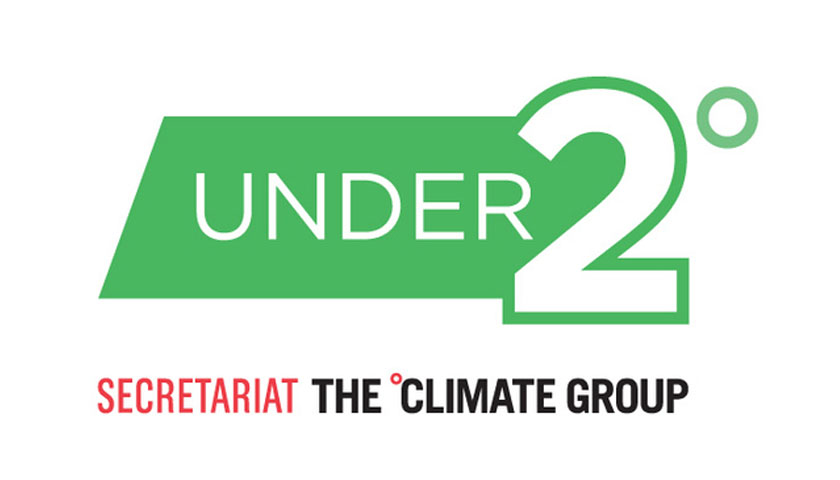On Sunday, February 24, Costa Rica launched a plan to make the nation one of the first in the world to completely decarbonize, at an event in San José. President Carlos Alvarado Quesada and former UNFCCC Executive Secretary Christiana Figueres launched the plan with minister of environment and energy Carlos Manuel Rodriguez.
‘The National Decarbonization Plan 2018-2050’ focuses on ten areas, encompassing key themes of transport and sustainable mobility, energy, green buildings, industry and agriculture among others.
The ambitious plan includes commitments to ensure the electric grid is capable of operating with 100% renewable energy by 2030, make 70% of buses and taxis zero-emission by 2030 – and 100% by 2050 – and to ensure that 60% of Costa Rica’s land cover is made up of rainforest.
Costa Rica set a new world record in 2017 when it ran on 100 percent renewable energy for 300 days in a row.
Costa Rica was one of the first national governments to endorse the Under2 Coalition, a group of over 220 ambitious governments committed to acting on climate change, led by The Climate Group.
Amy Davidsen, Executive Director of North America at The Climate Group, was at the launch of Costa Rica’s decarbonization plan:
“Costa Rica is demonstrating truly ambitious leadership on climate action which we should all learn from and be inspired by. Their comprehensive plan to decarbonize by 2050 from a wide range of sectors and areas including transport, energy, and agriculture is exactly the approach that we need to reduce emissions, while also allowing the economy and people to thrive.
“All governments should look to Costa Rica as a leading example of the commitment and urgency to develop their own decarbonization plans to address the greatest challenge of our time – global warming.”
Carlos Manuel Rodriguez, The Minister of Environment and Energy of Costa Rica, said:
“Decarbonization is a commitment of Costa Rica with current and future generations, it means transforming the development model to a sustainable one, free of fossil fuels, that improves the country’s competitiveness and the quality of life of people. The goal is to be a country with net zero emissions by 2050.
“These transformations are not new to the country, we have done it before. We are a tropical country that stopped deforestation and tripled our per capita income, which generates 99% of our electricity from renewable sources, we abolished the army and instead decided to invest in education. Costa Rica is ready for the challenge of decarbonization.”
A near term Action Plan is also being developed to support the 2050 vision, which will form the basis for updating Costa Rica’s Nationally Determined Contributions (NDCs) in 2020.

